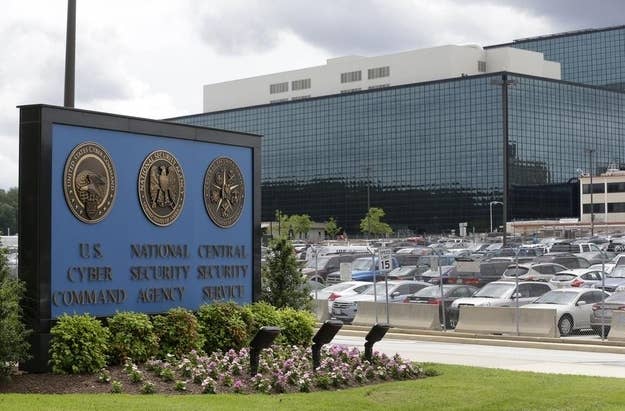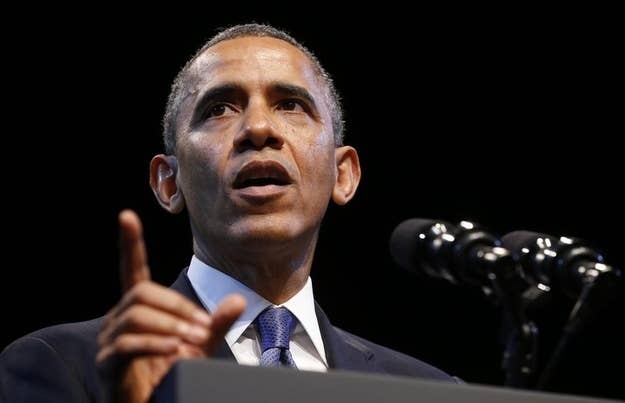
A review panel laid out specific recommendations Wednesday for how the NSA should limit its surveillance, including seizing the collection of vast troves of phone data and demanding court orders to search it.
The more than 300-page report was written by five intelligence and legal experts appointed to the Review Group on Intelligence and Communications Technology in August by President Obama. The review panel came about after revelations from documents leaked by Edward Snowden showed the vast breadth of the NSA's spying program.
The suggestions included limits on storing data from U.S. phone companies, saying it should not be stored by the government in mass, but should be saved by the phone company or a third party.
The report also suggests that the secret Foreign Intelligence Surveillance Court, a federal court that handles national security cases, only permit surveillance if there is a reasonable terrorist threat. It also recommends more transparency from the court.
Other recommendations include:
- The NSA director should be appointed by the Senate, and civilians should be eligible.
- A public interest group should be established that would argue before the FISC in favor of the right to privacy and civil liberties.
- Limits on who can access the information collected by the NSA.
- The president should approve everything the NSA does, including spying on foreign leaders.
- Spying on allied foreign leaders should be minimal.
- Financial and phone records should only be obtained through court orders based on "reasonable grounds."
- Americans and non-Americans should be granted protections under the Privacy Act of 1974, which would imply little to no surveillance.
- The NSA should cease efforts to weaken commercial encryption meant to secure information on remote servers or protect confidential correspondence.

Although the report made many recommendations to limit surveillance, besides the vast phone data storage, few programs were recommended to end entirely.
It is also unclear how many of the recommendations Obama will implement, but he has already said he would continue to allow the NSA director to also oversee the military's cyberwarfare command, which means a military official would continue to run the NSA. He is expected to make an announcement on what he will recommend in January.
The release of the review comes after a federal court in Washington, D.C., ruled Monday that the government's surveillance program, particularly the collection of mass data, was unconstitutional. Judge Richard Leon called the NSA's operation "Orwellian."
